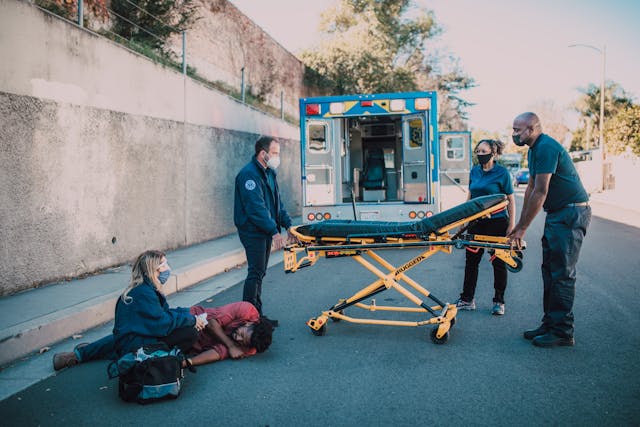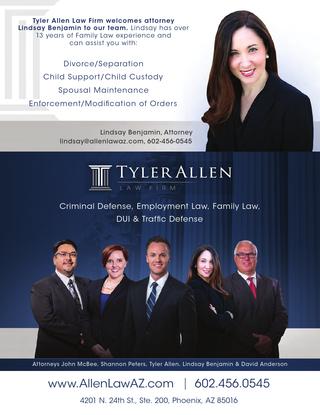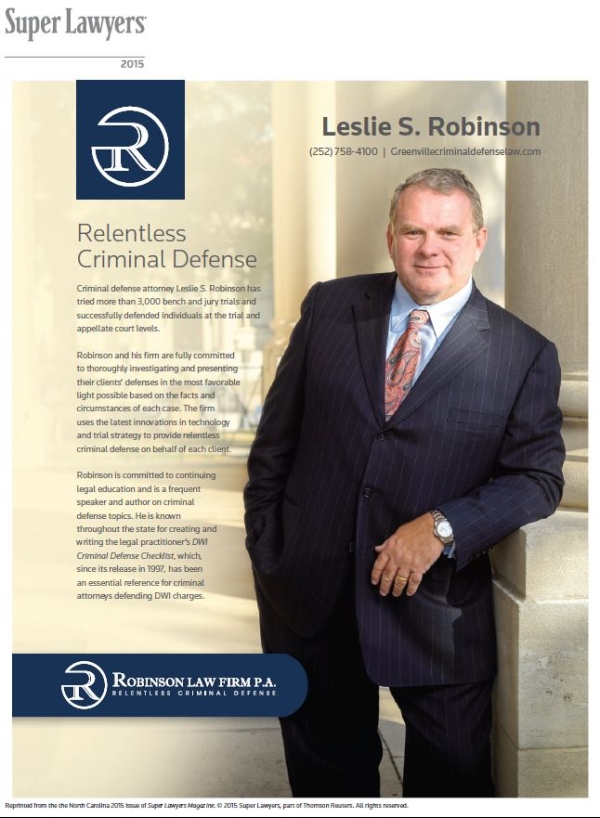We live in a world where accidents happen every day. Some are minor and easily resolved, while others can have a very major impact on our lives. If you have been injured in an accident, you may often be entitled to compensation for your injuries and other losses. However, to receive compensation, you will be needing to prove that the personal injury accident was indeed caused by someone else’s fault. But that’s actually quite tricky. You see, the other party will likely try to shift the blame on you, or at least argue that they were not entirely responsible for the accident. To win your personal injury case, you will need special evidence that can prove the other party’s fault. Personal injury lawyers Perth have years of experience in handling personal injury cases, and they have some tips to help you prove fault and win your case. Here are what they want you to know.
Gather Strong Evidence
When it comes to proving fault in a personal injury case, gathering strong evidence is key. Start by documenting anything related to the accident. These can include taking some photos of the scene, your injuries, and any property damage. It’s also a must to get a copy of the police report if one was filed. This document is the key to providing crucial details about the incident that may support your claim. In addition, you also need to preserve any physical evidence, ranging from damaged clothing to equipment from the accident. The more evidence you have to back up your claims, the stronger your position will be when seeking compensation for your injuries.

Hire Expert Witnesses
Aside from that, having expert witnesses can make all the difference. These individuals bring specialized knowledge and experience that can strengthen your case significantly. Expert witnesses, if chosen carefully, can provide valuable insight into complex medical conditions, accident reconstruction, or other technical aspects of your case. Their testimony adds credibility and depth to your argument, helping to sway the court in your favor. By hiring expert witnesses who are well-respected in their field, you demonstrate to the judge and jury that you are serious about seeking justice for your injuries.
Establish Negligence
Negligence we’re talking about means that someone failed to act with proper or reasonable care, leading to harm to another person. To prove negligence, you need to show that the responsible person or party had a duty of care towards you, they breached that duty through their actions or lack thereof, and this breach directly caused your injuries. The evidence we’ve mentioned plays a key role in demonstrating negligence. Additionally, gathering information about similar cases where negligence was proven can strengthen your argument. By building a solid case based on evidence and expert opinions, you increase your chances of proving fault and winning the compensation you deserve for your injuries.
Stay Consistent in Your Statements
When pursuing a personal injury case, it’s crucial to maintain consistency in your statements. From the initial incident report to any court testimony, make sure your account of what happened remains unwavering. Any inconsistencies could be used against you by the opposing party or insurance company. By staying consistent with your version of events, you build credibility and strengthen your case. Whether speaking with medical professionals, law enforcement, or legal representatives, stick to the facts as you remember them. Even minor discrepancies can cast doubt on your reliability as a witness.
Work With an Experienced Lawyer
When facing a personal injury case, it’s crucial to gather strong evidence, hire expert witnesses, establish negligence, and stay consistent in your statements. However, the most vital step you can take is to work with an experienced lawyer. An attorney mastering in personal injury law will guide you through the whole legal process, skillfully represent your best interests, and help you navigate the complexities of proving fault and winning your case.




